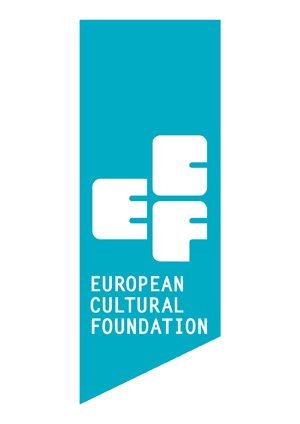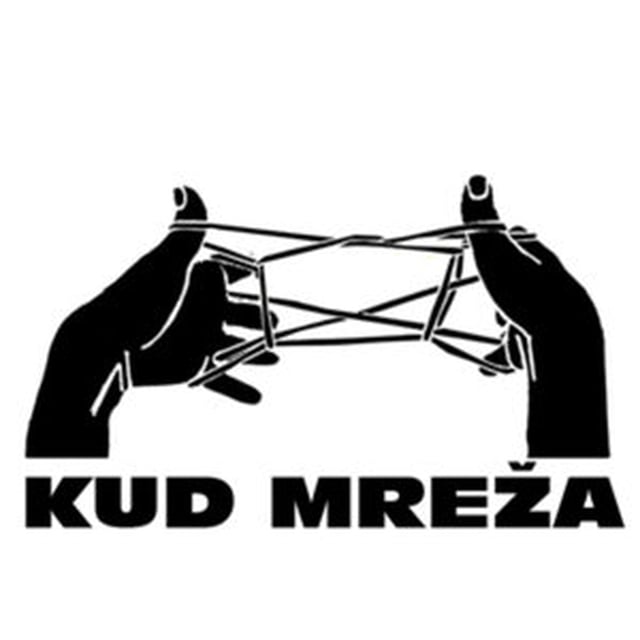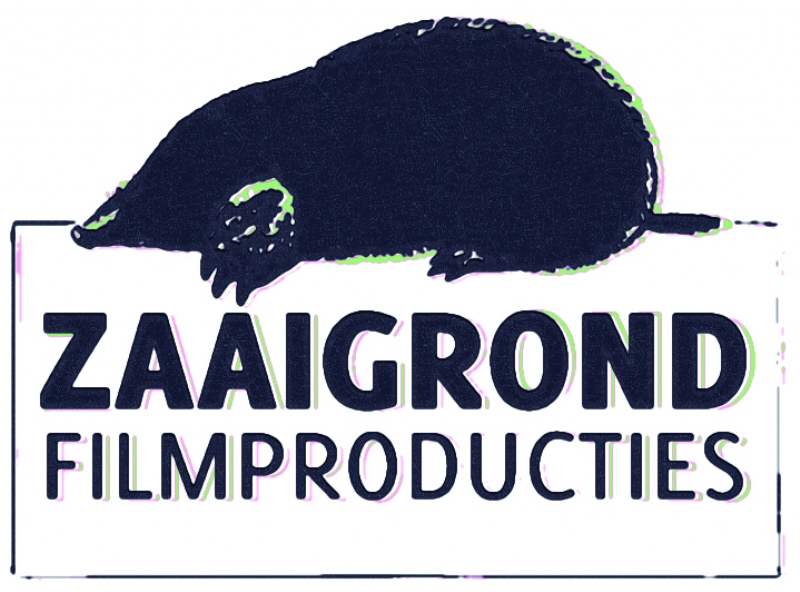The Future of Work
In the 4 episode web-documentary “The Future of Work” Abel Heijkamp (NL) and Julij Borštnik (SI) research the growing insecurity of work and living in the Netherlands, Slovenia, Germany and Europe.
What does it mean to be flexible? What kind of conditions of work and living can we expect from the future? We went around Europe to investigate different angels of precarity.
In Germany the regulation of the labour market was thoroughly changed in the early 2000s. It was followed by a jump in flexible employment and a drop in statistical unemployment. How do these statistical changes reflect in the everyday life of workers? And what kind of economic model do they support?
In the Netherlands a new legislation on housing is being implemented. To make renting contracts more temporary and thus better match with the the already flexibilized labour market. What type of society do we get when work and housing are both flexibilised?
In Slovenia both the employers and the state see self-employment as useful and recommendable. While one third of self-employed are living in poverty. How does this concept of workers having direct economic responsibilities look in today’s individualised environment? And what to think of the historic idea of workers taking direct economic responsibilities collectively?
The European episode first examines how is the spread of working and living insecurity in Europe connected with the predominant trends in capital circulation. Then it shifts focus on the possibilities for workers to take the control over the conditions of their work. Are there any existing solutions?
The Four documentaries will be interwoven into an interactive web-structure (www.thefutureofwork.eu). The aim of the web platform is to (re)connect individuals and organizations and involve them into constructive debate about the Future of Work.
“The Future of Work” is a collaboration between artists Julij Borštnik (SI) and Abel Heijkamp (NL) and organizations KUD Mreža (SI), Projekthaus Potsdam-Babelsberg (GE) and Zaaigrond filmproductions (NL).
The project received funding from the European Cultural Foundation (ECF).




